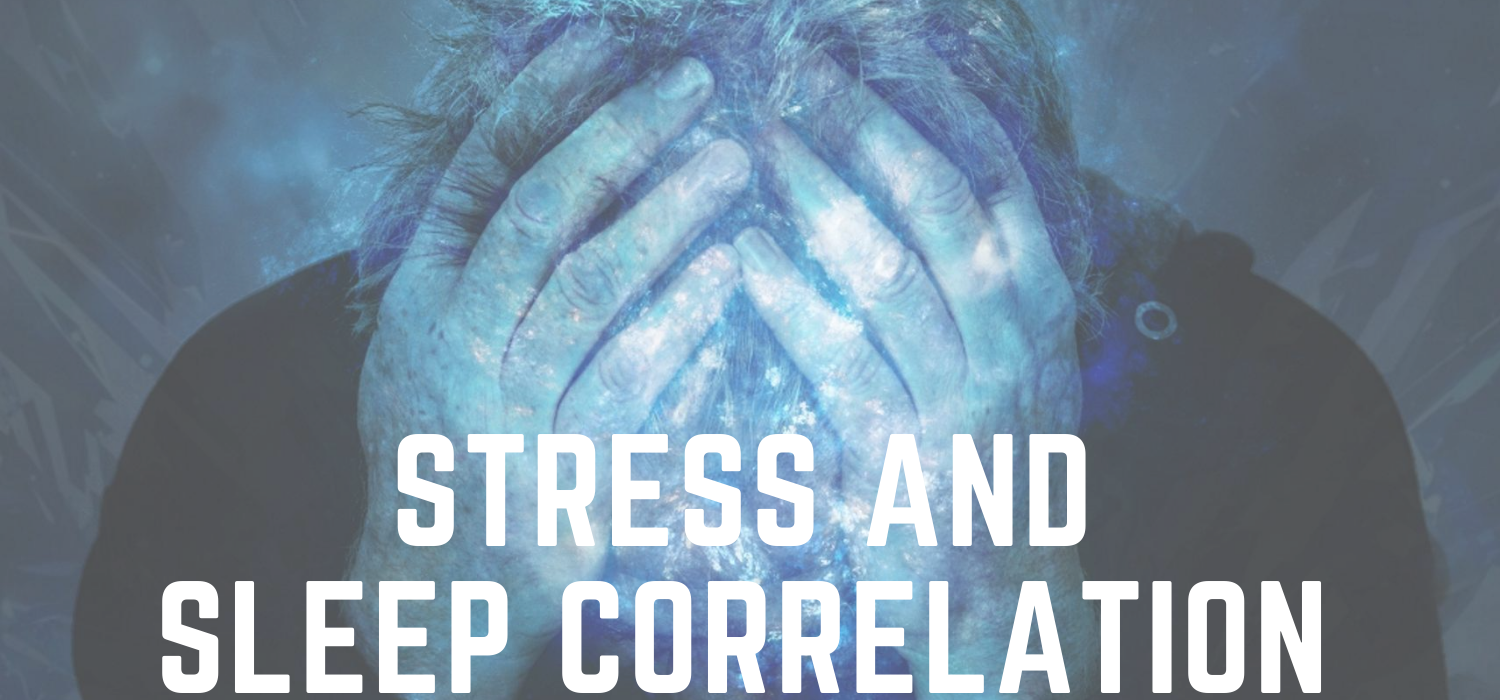Hey you look stressed today, don’t you? What! You didn’t sleep for whole night! In many cases, when a stressful condition’s aroused, there has been an unintended and mysterious feeling of falling asleep. Stress is often misunderstood and more importantly underestimated. It must not be confused with other mental disorders; stress is basically a feeling of not being able to adjust with specific and undesirable circumstances and events. People are usually seen calling stress names, rather it’s natural defence that our body presents against threatening and treacherous situations. But if it is left untreated and unmanaged, it probably turns in to some chronic disorders. Work, financial pressure, relationships and many other situations can pose such challenges and demands that cause stress. Owing to the defensive nature of stress, our body also uses it as a motivator and an essential for survival.
Being body’s natural defence, stress causes the body and brain to release various hormones that prepare it and its systems to confront danger and unexpected situations. This is commonly referred as “Fight or Flight mechanism”. Reaction towards stress varies person to person. The thing or situation that are stressful for one person may not be the same for another person. Almost every event can cause stress but the thing that makes difference is definitely its effective management. Different mental health conditions like depression, a feeling of frustration or anxiety can make people feel stressed more easily than any other reason. Physical and emotional reactions towards stress may include, sweating, nervous twitches, headache, pins and needles situation and anger, sadness, nail biting, frustration, irritability etc respectively.
But where is the relation between negatively connotated stress and restful sleep? Here you go. Stress actually poses disastrous impact on sleep quality and duration. Stress and sleep deprivation are mutually interlinked in way that stress may impact sleep quality and duration and vice versa. Having said that, I actually intend to clear that not only stress affects our sleep, but lack of sleep and rest can also originate stress in masses. Woefully, if you have a feeling of being stressed and lacking on sleep, you’re not alone. Almost 40% adults residing in United States are getting less than 7 hours of sleep every night. It can genuinely present awful physical and mental health problems. A soothing and proper sleep has shown to facilitate various processes in human body such as repairing task of muscles and mental processes like concentration. Missing on enough sleep can pose different situations like, negative mood, concentration problems and an inability to function generally. Imagine if a sleep deprived person is driving or executing or operating a heavy machine, it isn’t possible to portray the consequences into words. What you think is a human body? It’s a machine that cannot work properly for straight up to 24 or 48 hours. Similar to other machines, our body also needs rest and real attention to function in an effective manner. However, lacking on sleep occasionally is unlikely to cause any harm, but consistently missing on proper sleep can lead to an increased risk of some serious health conditions like depression, diabetes, stroke, etc.
Stress is basically a response that has developed in humans and animals to let them to deal with unexpected or threatening situations. In human body, stress works by making Autonomic Nervous System to release different hormones such as ‘adrenaline and cortisol’. They both aim to fight stressful circumstances but in two different manners. Adrenaline provides ‘rapid but short term’ response against stress; contrarily cortisol performs by providing ‘slower but long term’ response against stress. These hormones work by raising the heart rate to make blood circulation to crucial organs and muscles more effectively, preparing the body to take immediate reaction if needed. (This endocrine system is controlled by negative feedback and hence regulated by Hypothalamic Pituitary Adrenal access in central nervous system. And Hypothalamic Pituitary Adrenal (HPA) access has been correlated with modulating 24 hours sleep wake cycle). This mechanism is what named as “Fight or Flight mechanism”. And it’s not possible for our body to execute this holy mechanism without getting enough sleep. Unfortunately, the prevailing issues like relationship problems, problems faced at workplace and other emotional problems can trigger the fight or flight response. It is perfectly alright to feel stressed occasionally, but the long term and persistent feeling of being stressed can make our nervous system to keep the alertness and heightened state for the extended time span. Consequently, being in this state can insanely affect our physical and mental health in the long term.
As mentioned above, stress can be both the cause and effect of sleep deprivation. Continuously, being in the state of alertness can make the onset of sleep late, hence causing anxious and weird thoughts occur at night. It will end up causing ‘Insomnia’. Insomnia can then cause further stress. This is how this vicious cycle processes.
People find that some lifestyle measures can help them with stress management and their sleep habits, some of those strategies are described following;
- Meditation is the ultimate measure that should be taken when you’re feeling stressed. Breathing and relaxation techniques like yoga can slow down the heart rate and effectively combat with stress and sleep related problems.
- A nutritious and healthful diet can induce a feeling of relaxation. A diet rich in fruits and vegetables helps to maintain immune system in stressful situations.
- It is advised to give yourselves enough time to organize your schedules and pursuing your own interests and hobbies.
- Excessive consumption of alcohol, caffeine and drugs can make a stressful situation even worse. Also these substances can adversely affect the sleep wake cycle.
It is important to listen and observe the signs that your body is showing. Being attentive and caring towards your body can help you manage your stress and sleep habits in a sophisticated manner.





